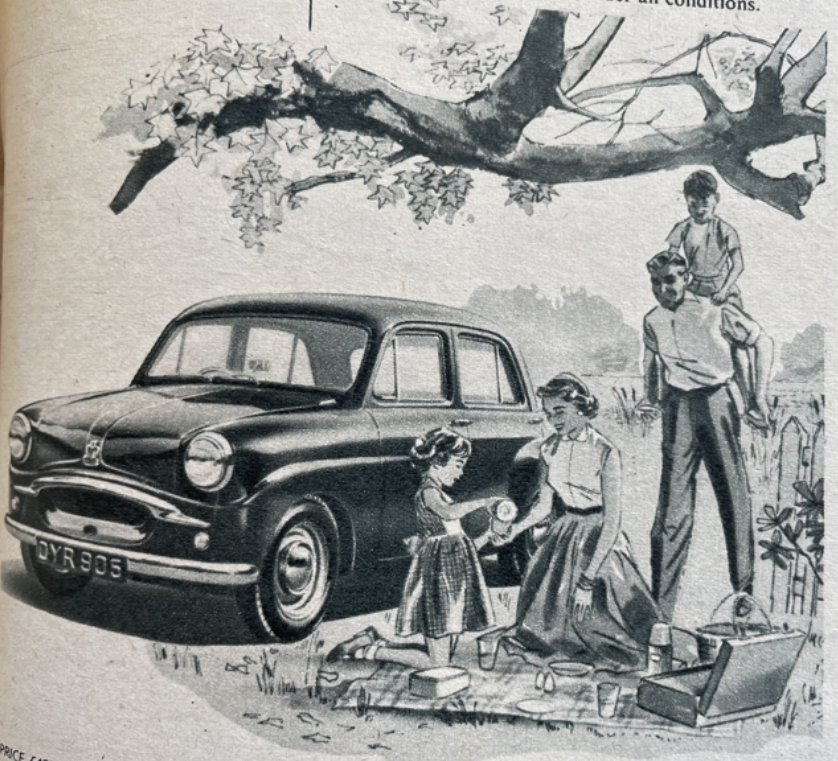
Is surrogacy a way of combatting ‘compulsory familialism’?
For people on either side of the debate, surrogacy can seem like a black-and-white issue. Opponents stress human dignity; supporters stress autonomy. For both the individual woman is central.
But some academics frame the debate as a battle over the future of society. In BioNews Dr Samantha Ashenden, a political scientist at Birkbeck College, University of London, criticises the UK Law Commissions’ report, “Building Families Through Surrogacy”. She complains that it promotes “a reactionary form of familialism in the UK in which altruism is uniquely expected of women”.
“The postwar welfare state … was one in which women gained important social citizenship rights not least by way of marriage and motherhood. This formula, which only ever met the reality of some women’s lives, has been coming adrift ever since. Despite women’s increased labour market participation, they are still regarded as the primary caregivers of children and other dependents. Altruism is expected to be the ‘natural’ inclination of women, and the presumption of it underpins the expectation of altruistic surrogacy.
“Today’s compulsory familialism and the promotion of traditional kinship patterns ascribe to women the role of handmaids whose function is to serve as human ‘resources’ to be used in an ‘altruistically’ conceived domestic economy with traditional families at its core.”
Basically Ashenden supports commercial surrogacy. It is a realistic response to an international market for children and it does not presume that women must necessarily be altruistic, nurturing caregivers.
